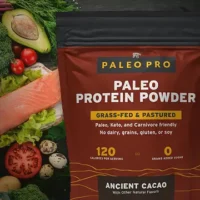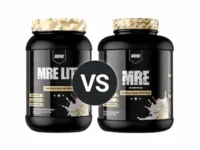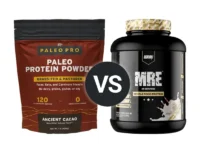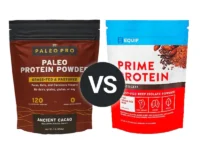Knowledge BaseYou're Questions Answered
Is beef protein powder easy to digest?
Beef protein powder is derived from beef and is commonly used as a protein supplement. It is an alternative to traditional dairy-based protein powders like whey and casein, as well as plant-based options. The digestibility of beef protein powder is an important factor to consider for those looking to include it in their diet, especially for individuals with specific dietary needs or sensitivities.
Digestibility of Beef Protein Powder
1. Hydrolyzed Protein and Digestibility
Many beef protein powders are hydrolyzed, meaning the protein molecules are broken down into smaller peptides and amino acids. This process mimics the natural digestion process, making the protein more easily and rapidly absorbed by the body. Hydrolyzed beef protein powder is typically easier to digest than whole beef protein due to the smaller size of the protein fragments1.
2. Absence of Dairy and Lactose
Beef protein powder is naturally free of dairy and lactose, making it a suitable option for individuals who are lactose intolerant or allergic to dairy. This can reduce the likelihood of digestive discomfort, such as bloating or gas, that some people experience with dairy-based protein powders. As a result, beef protein powder may be easier to digest for those with lactose intolerance or dairy sensitivities2.
3. Amino Acid Profile and Bioavailability
Beef protein powder provides a complete amino acid profile, containing all essential amino acids required by the body. This complete profile supports muscle repair and growth. Additionally, the high bioavailability of beef protein means that the body can efficiently utilize the amino acids, enhancing the overall effectiveness of the protein supplement3.
4. Individual Tolerance and Sensitivities
While many people find beef protein powder easy to digest, individual tolerance can vary. Some people may experience mild digestive discomfort when consuming concentrated protein powders, including beef protein. It's important to start with a smaller serving size and gradually increase it to assess tolerance, especially if new to beef protein supplements.
Related Questions
Related Reviews
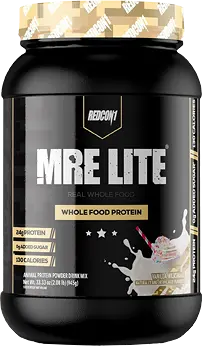
Your Answer
We are a participant in the Amazon Services LLC Associates Program, an affiliate advertising program designed to provide a means for us to earn fees by linking to Amazon.com and affiliated sites.


